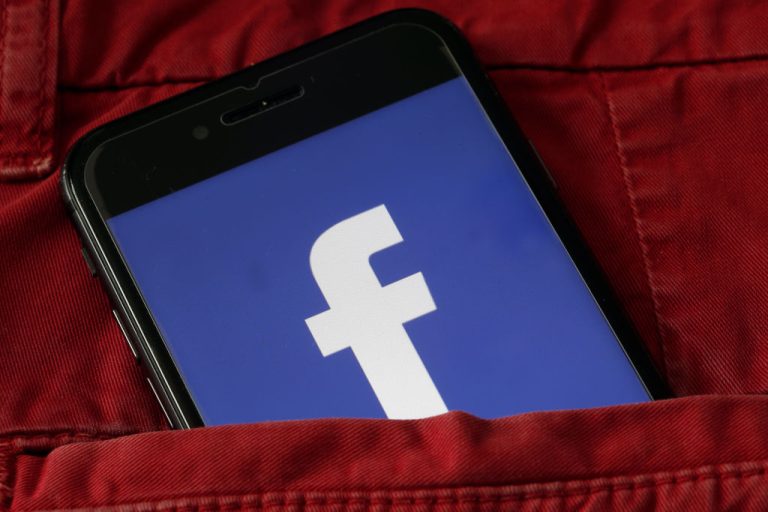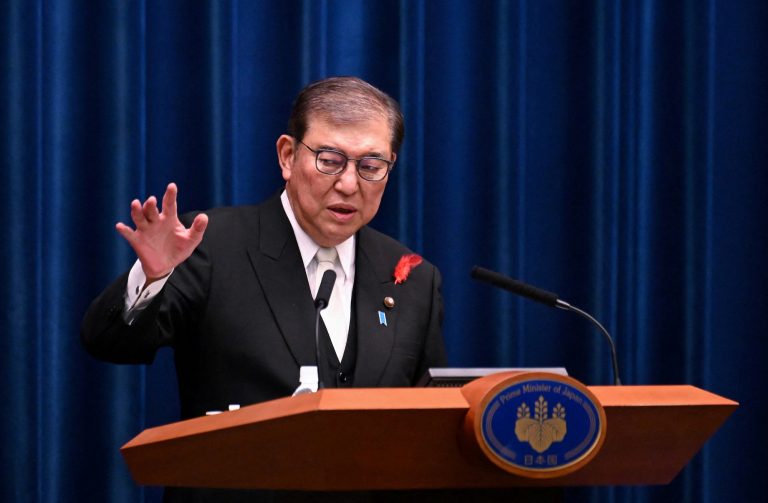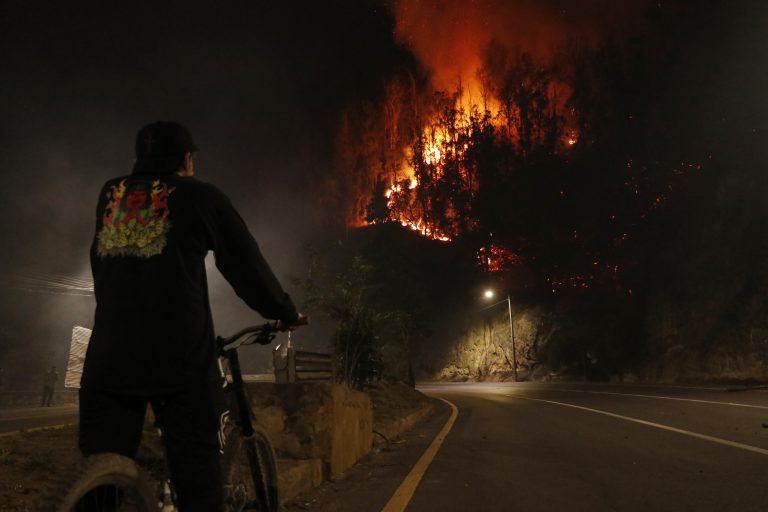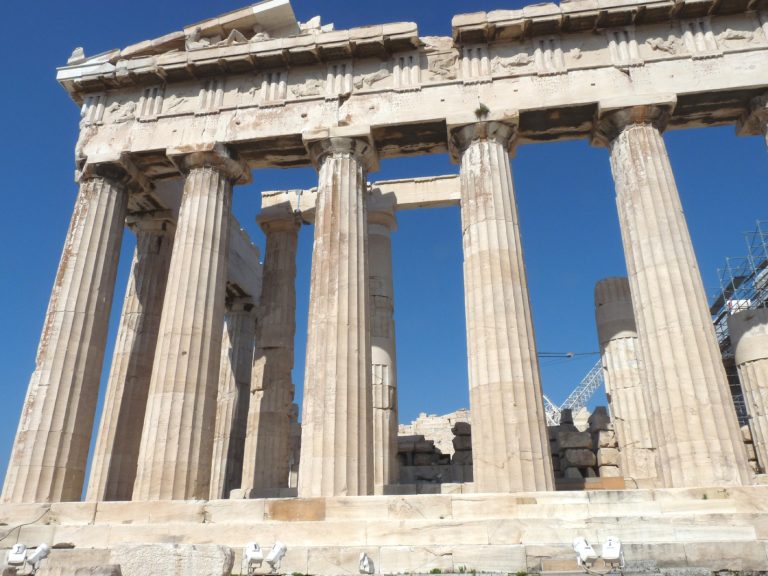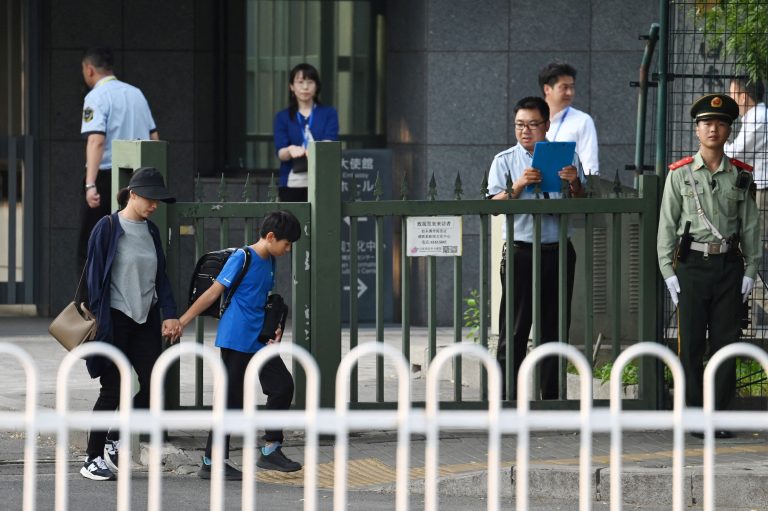A new class-action lawsuit has been launched against Facebook accusing the social media giant of playing a role in political violence in Africa. The lawsuit, filed in Nairobi, Kenya, where Facebook opened a content moderation hub for Eastern and Southern Africa in 2019, is seeking upwards of $2 billion in restitution funds.
The lawsuit alleges that Facebook monetized the viral potential of hate and violence in Ethiopia, in violation of more than 10 articles of Kenya’s Constitution. The lawsuit also slams the platform for not devoting enough resources to content moderation, alleging the continent does not receive the same attention as the United States.
Abraham Meareg, an Ethiopian professor, who is seeking political asylum in the U.S. is among the plaintiffs and alleges that his father was killed by militants in 2021 during a civil conflict in Ethiopia which he says was incited by rhetoric posted to Facebook.
Meareg Amare Abrha, Abraham Meareg’s deceased father, was a popular chemistry professor and member of the Tigrayan ethnic group. He died on Nov. 3, 2021 after a group of men followed him home from the University where he taught and shot him, twice, in front of his home, according to an affidavit filed in the case. The affidavit further alleges that Meareg’s home was occupied by militants forcing Meareg’s mother to flee to Addis Ababa, the capital of Ethiopia.
In an interview with NBC News Meareg said that his father “didn’t get any chance to convince people that he was innocent” and that “he didn’t get the choice to clarify the hate speech and disinformation. They just shot him and killed him in a brutal way.”
READ MORE:
- Facebook Staffers Took Huge Bribes In Exchange for Access to User Accounts: Report
- South Korea Fines Google, Meta Billions of Won for Privacy Violations
- YouTube, Meta Will Expand Policies, Research to Fight Online Extremism
Success
You are now signed up for our newsletter
Success
Check your email to complete sign up
Facebook has come under fire for allegedly playing a role in inciting violence in several countries including Myanmar and India. The platform has faced criticism for allowing rhetoric and incitements to violence against the Rohingya minority in Myanmar.
Earlier this year, Amnesty International issued a report that concluded that Meta, Facebook’s parent company, played a role in atrocities committed by the Myanmar military against the Rohinga population in 2017. In addition, in India, researchers are raising the alarm about the use of disinformation on the platform that they allege is inciting ethnic and religious tensions.
Mike DelMoro, a spokesman for Meta, said in a statement on Dec. 13, “We have strict rules that outline what is and isn’t allowed on Facebook and Instagram. Feedback from local civil society organizations and international institutions guides our safety and integrity work in Ethiopia,” appearing to place accountability elsewhere.
Meareg told NBC News that numerous posts with threats and misinformation concerning his father were allowed to remain visible on the platform amid severe ethnic tensions in the country. He said he had flagged them for removal however no action was taken. He said the platform is “lethal by design” further explaining that his father became a target after Tigrayan staff at the university he taught at, Bahir Dar University, were also targeted.
On Oct. 9, 2021 a post, including a picture of Meareg’s father, was posted to a page entitled “BDU Staff” and said that his father was “hiding” at Bahir Dar University and that he had “carried out abuses,” according to Meareg’s affidavit. The post attracted numerous calls to violence.
According to the affidavit, the following day, another post, also including a picture of Meareg’s father, was uploaded showing the neighborhood where Meareg’s father lived and spreading false claims that he had helped massacre people, was a corrupt property owner and had enriched himself by helping with military incursions into nearby regions. The posts were among several others that the affidavit says called for violence against the Tigrayan minority
“These posts were a death sentence for my father,” Meareg said in the affidavit adding that he had reported the posts however they were not actioned until after his father was murdered.
According to the documents the first post remained visible until Dec. 8.
According to NBC News Meareg slammed Facebook saying that it is a “big gun” and that the platform knows it is used for genocide, ethnic cleansing and extrajudicial killings. “They just prefer to focus on their profit-making,” he said.
Facebook is defending itself saying that moderating content in the region is particularly difficult due to the number of languages spoken in the country and that the company had actioned more than 92,000 posts shared on both Facebook and Instagram in Ethiopia between May and October of 2021 for hate speech violations; 98 percent of which were detected before they could be flagged by users, the company’s spokesperson, DelMoro, said.
However, the lawsuit further alleges that Facebook failed to properly staff the region’s content moderation efforts which allowed misinformation to proliferate, resulting in significant consequences for countries like Ethiopia.
Foxglove Legal, a UK-based nonprofit, is litigating the case. Cori Crider, a director with Foxglove Legal, told NBC News that the lawsuit is seeking to address imbalances in content moderation in poorer countries, many of which have complex ethnic and language divisions.
“However bad you and I think content moderation is in the U.S., it is an order of magnitude worse anywhere outside of the U.S. — and particularly bad in places facing crisis or conflict. When people make posts calling for genocide or targeting people in certain areas, posts will go viral and it will not come down. What happened to Abraham’s father is horrific and also systemic.”



